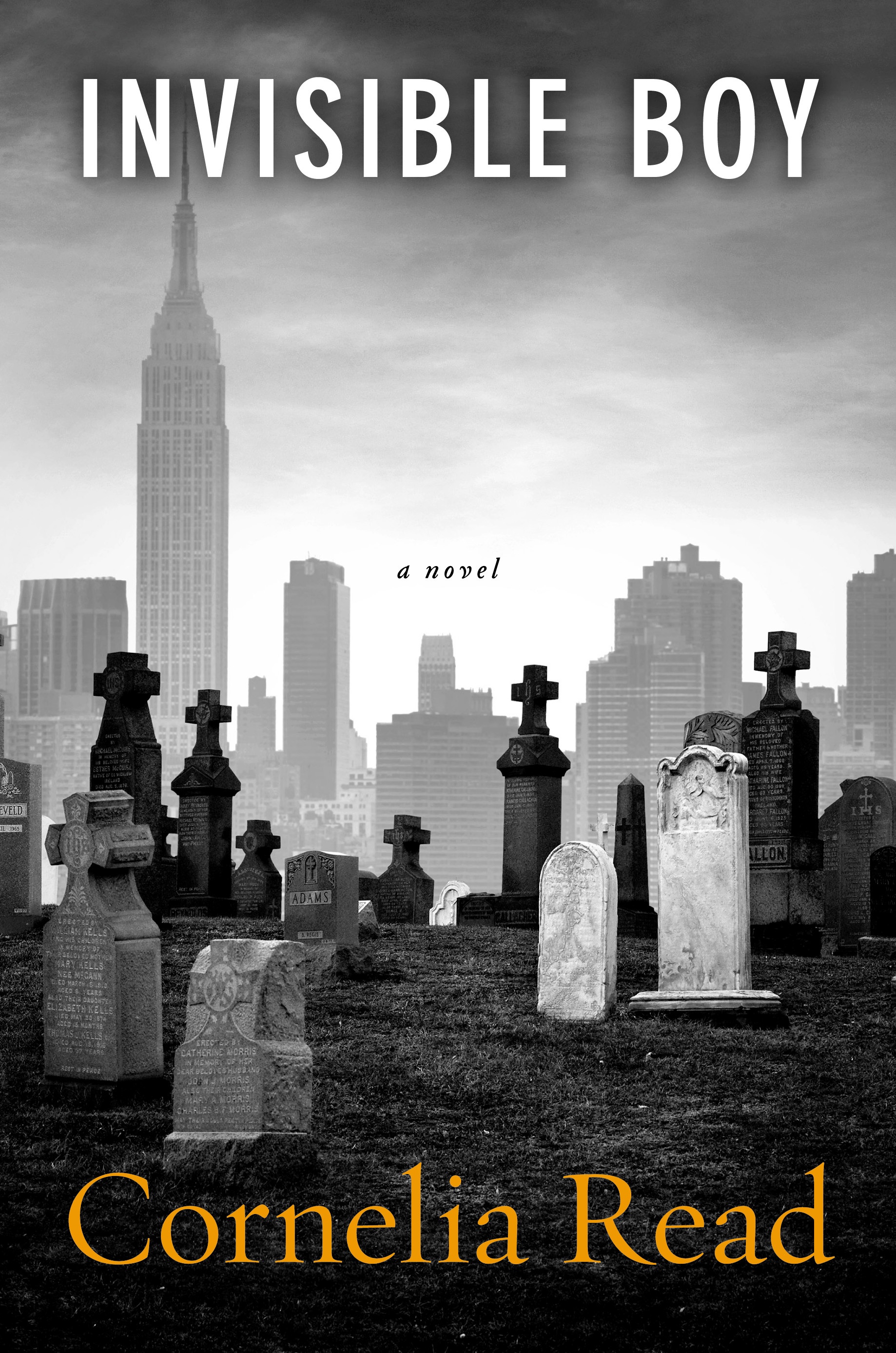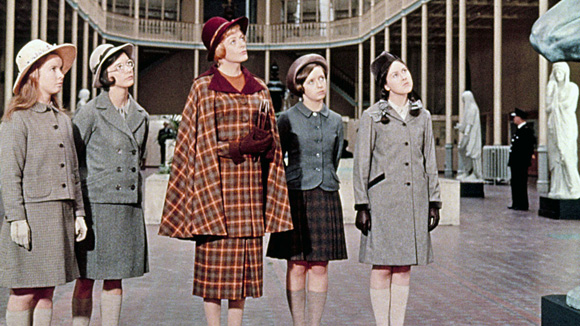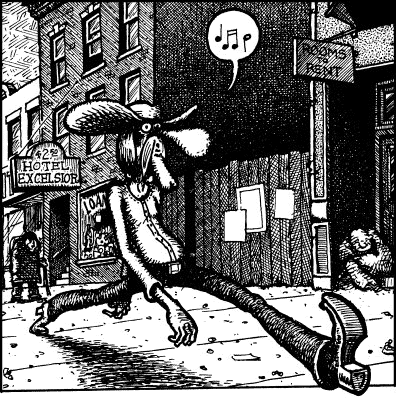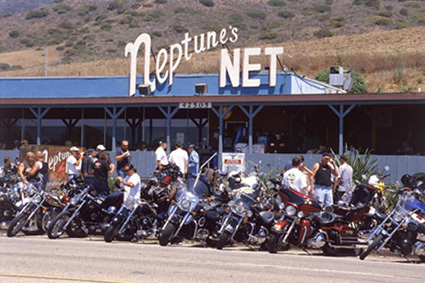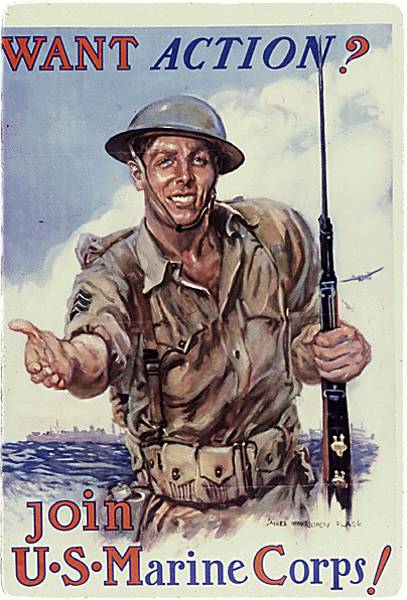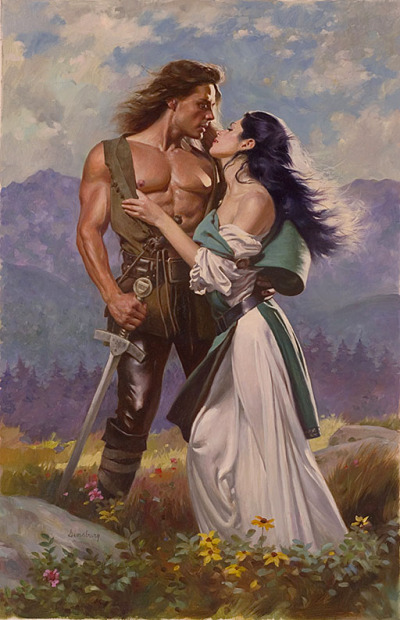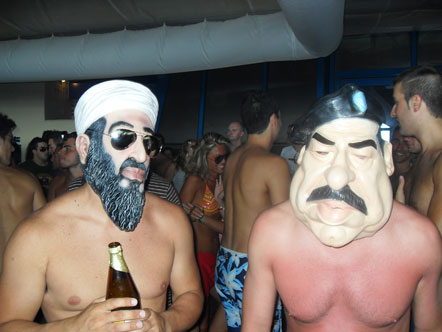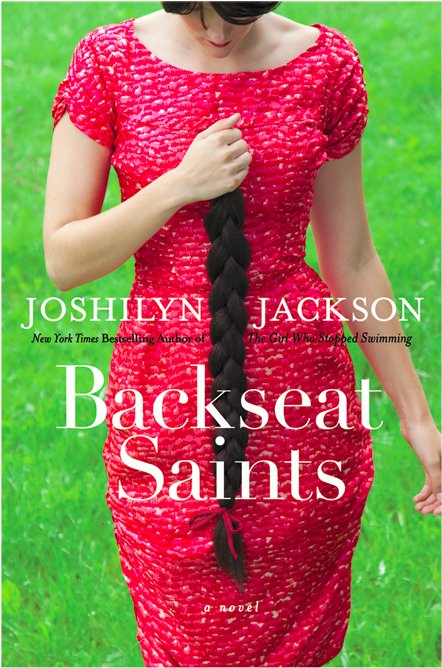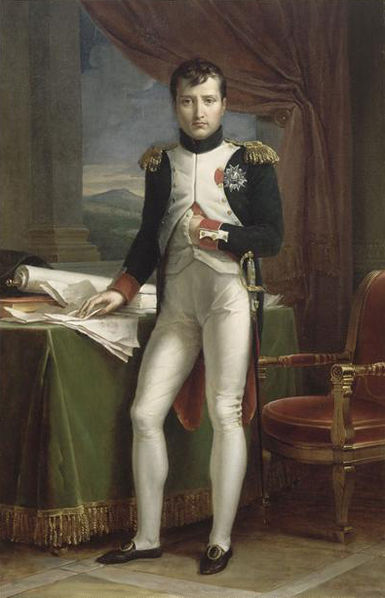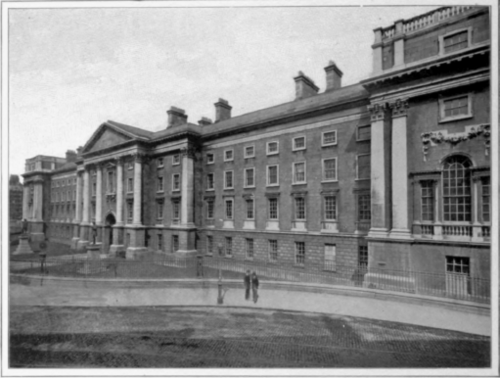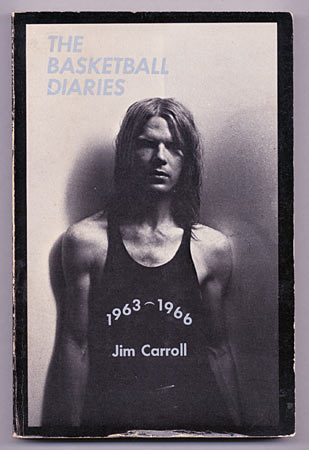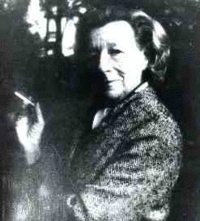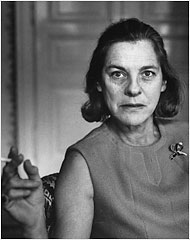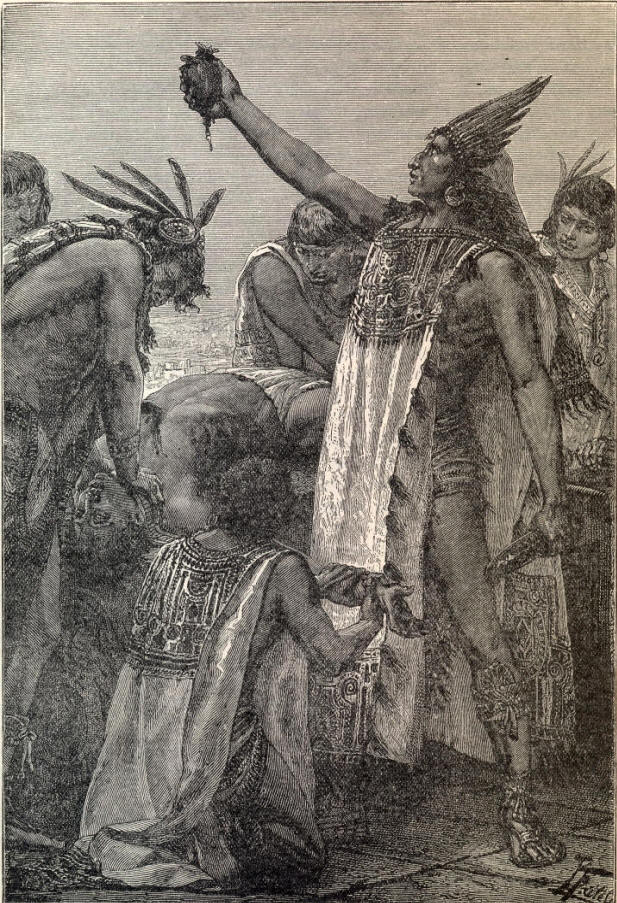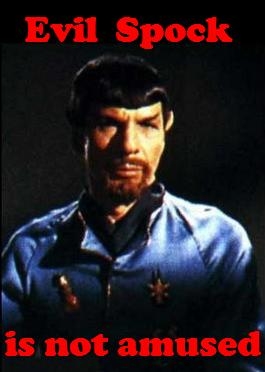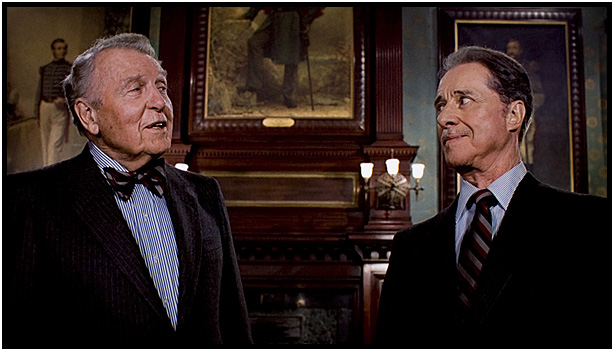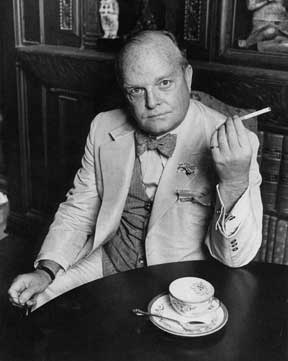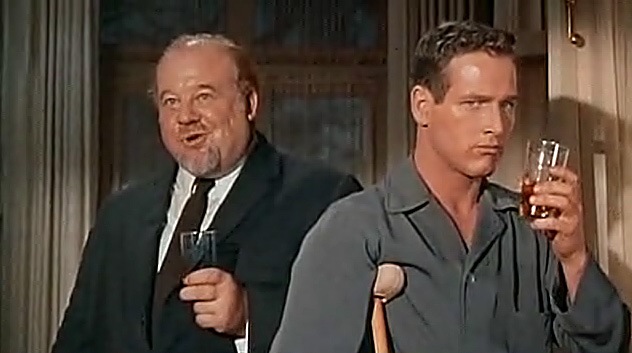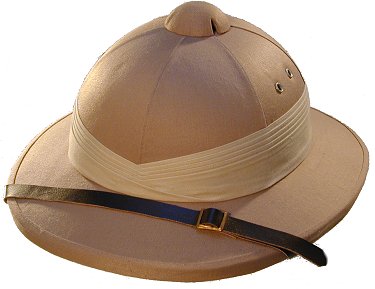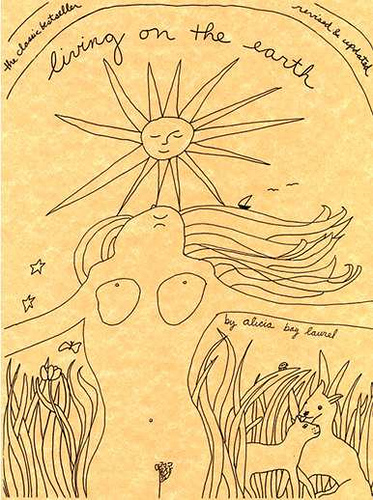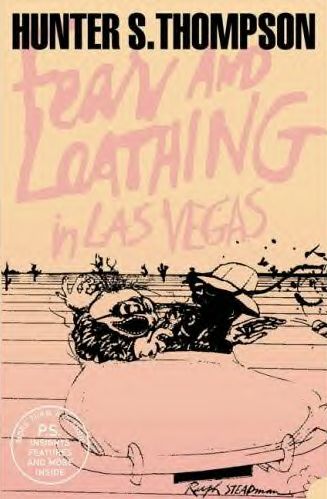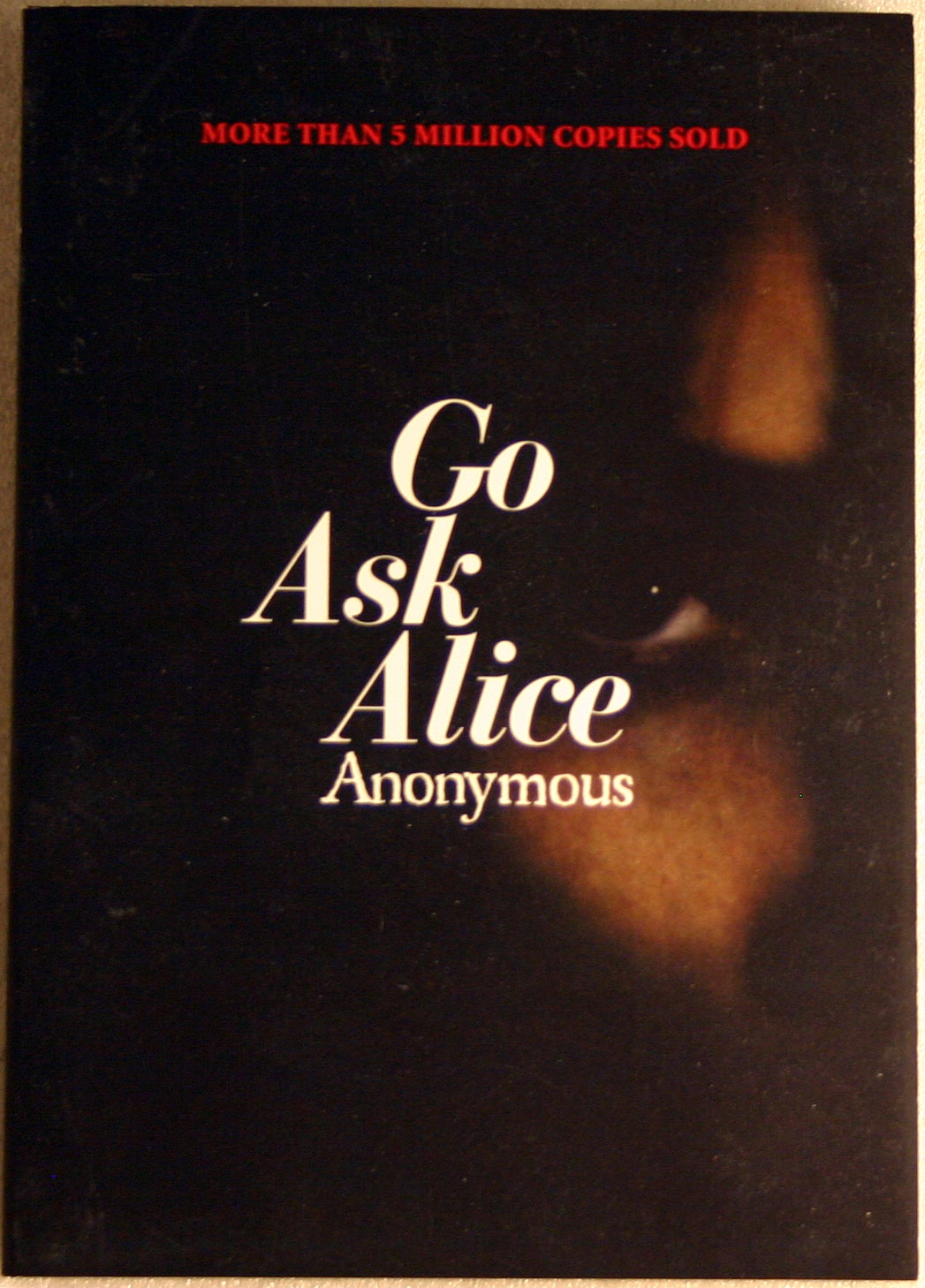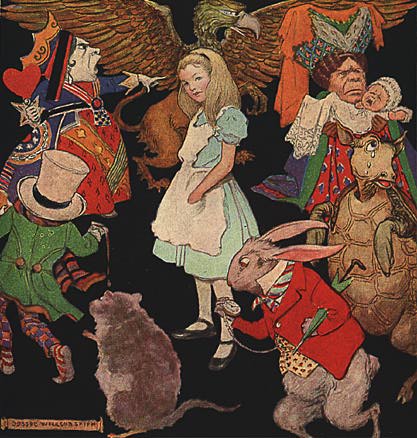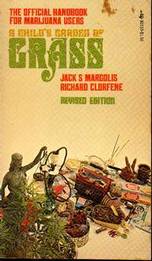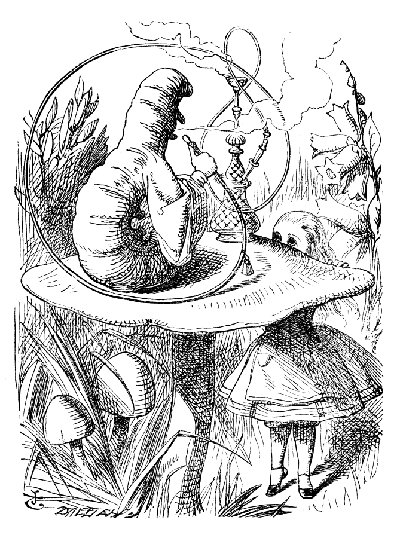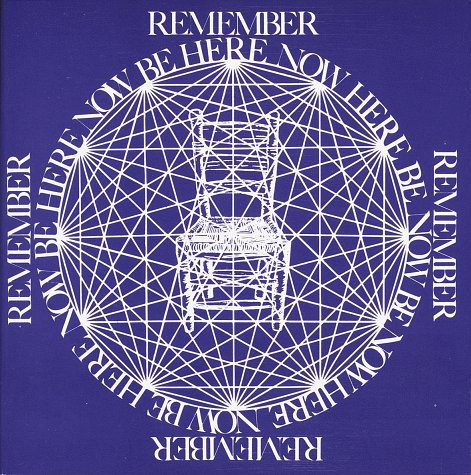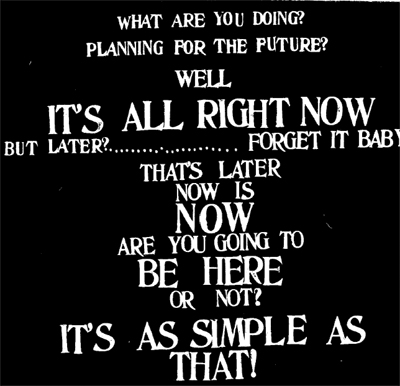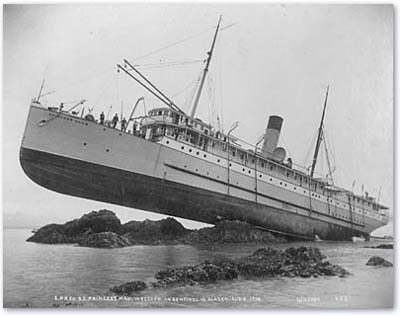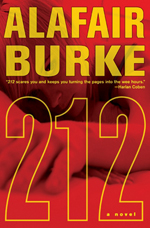 One of the very best things about being a member of a blog like this is that we occasionally get to interview really cool people… and sometimes we get lucky and get to interview other members of the blog. I was particularly thrilled when Alafair Burke joined us here at Murderati, as I’d been a fan of her work and had heard great things about her, but it was a special kick to get to interview her on the occasion of her newest book which is about to appear in the bookstores, titled 212.
One of the very best things about being a member of a blog like this is that we occasionally get to interview really cool people… and sometimes we get lucky and get to interview other members of the blog. I was particularly thrilled when Alafair Burke joined us here at Murderati, as I’d been a fan of her work and had heard great things about her, but it was a special kick to get to interview her on the occasion of her newest book which is about to appear in the bookstores, titled 212.
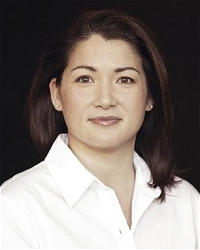 First, if you haven’t really met Alafair, you should know that (and this is directly from her website) she is a former deputy district attorney, and now teaches criminal law at Hofstra Law School. She’s got a fascinating background in law as well as literature, and if you haven’t checked out her website, you’re missing a treat.
First, if you haven’t really met Alafair, you should know that (and this is directly from her website) she is a former deputy district attorney, and now teaches criminal law at Hofstra Law School. She’s got a fascinating background in law as well as literature, and if you haven’t checked out her website, you’re missing a treat.
The other really really cool thing about being a member of this blog is that I occasionally get to read my fellow blogmates’ books ahead of their drop dates. And yes, I am going to be all gleeful and smug about it, because, dayem, they are fine writers and I’m immensely lucky just to be a part of this group. I couldn’t wait to get my paws on Alafair’s latest, and I have to tell you, it showed up in the midst of great personal upheaval (my father-in-law was in hospice at that time, and we knew the end was near), and I feared my concentration would be nil… and instead, I was utterly captivated. (Check out the video… and the excerpt for 212.)
This story is not just ripped from the headlines, but it digs deep into those headlines and exposes the kind of ramifications few in-depth exposé’s could even hope to reveal. In an age when newspapers are glib about how politicians hire expensive call girls and in a day when those very same call girls can later become on air personalities, we’ve become accustomed to reporters just barely skimming over the reality of how deadly and compromising that particular crime actually is. In 212, Alafair explores the ramifications of two intersecting crimes–politicians hiring escort services and online stalking–and shows not only the harrowing results, but the determination of good people who are trying to find the truth, trying to make a difference. Her detective, Ellie Hatcher, is a stand-out, memorable woman you’re going to want to know as she battles her way through lies and deceit to try to stop a killer from striking again, even in the midst of personal risk to her own career to do so.
I couldn’t put the book down.
Alafair’s got a lot of information up on her site, but I got the chance last week to ask her a few more questions:
1) You write New York as someone comfortable and familiar with the city, like it’s a second skin. I know you’ve lived elsewhere growing up, so tell me about your impressions of New York when you first visited or moved there… and how those first impressions changed (or were validated) after you’d been there for a while.
I first visited New York during the Son of Sam year of 1977. My father’s friends told of us tales of carrying mugger money around – small bills in a fake wallet to hand to the muggers instead of the real stuff. Then as an adult, I came here as a tourist, staying most in midtown, seeing broadway shows and museums, and dining at restaurants I saw on Sex and the City. Now that I live here, I rarely go to those kinds of places and am annoyed when I do. The places I cherish are little neighborhood spots that would have surely underwhelmed me as a tourist looking to take in the “Big Apple.”
2) Was there a defining moment when you felt more native New Yorker than not? What was that moment and how did it affect your perception of yourself? Your vocation?
The defining moment was more like a two-stage process. I remember standing in the TKTS line (discount theater tickets) at Times Square when I first moved to the city. I looked up at the lights and signs and thought, “Wow, I really live here. I’m even insider enough to buy discounted tickets.” Within a year, I dreaded the thought of walking through Times Square with all of those skyline-gazing tourists blocking the sidewalk. There’s a superficial roughness to New Yorkers that I understand now, but once you scratch beneath it, the people in this city are about as goodhearted as people can be.
3) You’ve chosen two professions which aren’t exactly known to be easy on a person’s schedule, often costing hundreds of hours of late night work to stay caught up. What enticed you about becoming an attorney? Similarly, what enticed you about becoming a writer? How are the two similar? Different? If there was one way you could prep better for each vocation, what would that be?
When I went to law school, I didn’t know whether I wanted to be a high-priced entertainment lawyer putting together deals at the Ivy or a civil rights lawyer working for the Southern Poverty Law Center. Given my lifetime fascination with crime, it shouldn’t have come as a surprise that I had a real passion for criminal law. I worked as a prosecutor for five years and was motivated to write by the stories I saw unfold there. I thought I’d seen a side to the criminal justice system that wasn’t frequently portrayed in crime fiction. They both require an ability to tell a story and incredible discipline, but writing requires a different kind of creativity that find liberating and sometimes incredibly frustrating.
4) In several of your posts and elsewhere, you’ve shown a sly, wry sense of humor that we all enjoy. What’s the zaniest thing (legal) that you’ve done that you can admit to us?
Oh lord. I’m ashamed to admit that my craziest act was completely accidental. I went to a different branch from my usual gym. This was back before I could afford a gym that gave you human-sized towels. All they had were these little hand-sized things. I was wondering around the locker room searching for the shower stalls, walked through a door, and wound up in the free-weight room. Warning: some locker rooms have multiple exits.
5) What is something that people who meet you for the first time are most surprised to learn about you?
Ellie Hatcher is an NYPD homicide detective who, like me, finds herself working in the same field as her father and tries to avoid the inevitable comparisons. Also like me, she grew up in Wichita, Kansas when a serial killer was active, stalking, torturing, and murdering children and women. Unlike me, Ellie’s father was a cop who spent his life hunting that killer until he was found shot in his own car. Labeled a suicide, her father’s death has never been resolved for Ellie.
The cases in 212 were inspired by a few real-life stories. For years I’ve been pulling at threads of stories inspired by Neil Goldschmidt, a former governor of Oregon who admitted in 2004 that he had what he termed an “affair” in the 1970s with his then-14-year-old babysitter. Many people in Portland were accused of knowing about the abuse and assisting the cover-up, including a man who subsequently became the Multnomah County Sheriff. I’d been reluctant to write about the case immediately. Portland’s a small place. I worked with Goldschmidt’s stepdaughter at the DA’s Office. I worked closely with a law enforcement officer who was implicated in the cover-up. But the story of a man who’d done so much good in public life rationalizing a so-called “affair” with a child — and my imagined story of the woman that child came to be as she grew up in the shadow of his political ascension — kept pulling at me. More than five years after the scandal, my hope was to pursue a fictional story inspired by the real one. Using the role of the internet in the modern sex industry, I found a fresh angle.
7) On the lighter side for a moment, what’s your most unusual hobby?
Maybe this goes along with my lowbrow taste, but I really like karaoke. And not in a hip, ironic way, but in an earnest American-Idol loving, Glee-watching, sing-your-heart-out way. I think every book conference needs a karaoke session. Wouldn’t that be great? At Bouchercon, the playlist could be made up entirely of crime-related songs.
8) And… finally, if you only could choose five words to describe yourself for posterity, what would they be?
Loved. Was loved. Appreciated both.
Alafair is hosting a really cool offer for a mystery gift for everyone who pre-orders 212 before it hits all of the bookstores on Tuesday, March 23rd — which means, you only have a couple of days left to take advantage of this terrific opportunity! 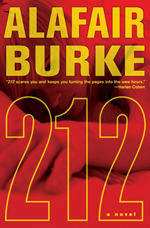
Meanwhile, tell me what ripped-from-the-headlines story you’d love to explore a bit more about? Is there a story you felt the press should have investigated more thoroughly? In this age of giving starlets 24/7 coverage if they hiccup, do you feel like we’re glamorizing everything that should be news? Or do you feel we’re getting into the gritty depths like we should?


